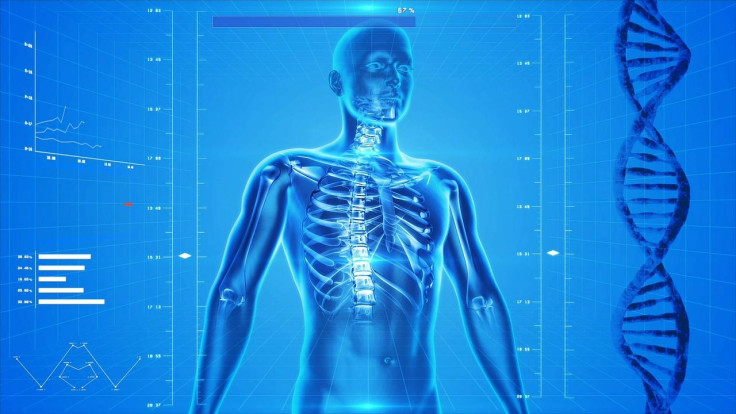Social Stress May Lead To Bone Loss In Aging Women, Study Says

One in every two older women in the United States is affected by fractures and social stress is a major reason for it, according to a study. It stated that postmenopausal women are at higher risk of bone loss due to reduced estrogen production.
Menopause and postmenopausal period is tied to several health problems in women, including sleeplessness and osteoporosis – an illness of the bone that reduces its mineral density. Previous studies have found an association between osteoporosis and menopause, which stated that women with early menopause are at greater risk of developing this disease.
The latest research, published in the Journal of Epidemiology & Community Health last month, focused on the link between lower bone density and psychosocial stress among postmenopausal women.
At the end of the study, the research team found that lower social functioning can lead to weak bones in the hip and the neck. They also found that low social support could also cause a greater decrease in bone mineral density (BMD) in the neck.
For the research, the scientists observed 11,020 postmenopausal women from the U.S. for more than six years. Each of the participants was asked to rate their level of social relationships, strain or negative interactions, their positive relationships or social support and limitations in social activity or social functioning.
The research team then analyzed the test results of periodic bone mineral density of the participants and the mood assessments by them. They found that a one-point increase in the scores of social strain was linked to 0.108 percent greater loss of BMD in the hip, 0.082 percent greater loss of BMD at the neck and 0.069 percent greater loss of BMD in the lower spine.
While analyzing the data, the team took into consideration various other factors associated with bone loss, such as age, weight, smoking status, hormone therapy, alcohol use, chronic health problems, physical activity, education, age at menopause and fracture history.
“Fractures are a major societal burden affecting 1 in 2 older women, due to a variety of risk factors that lead to bone loss. We found that high social stress is one risk factor that increases bone loss in aging women,” lead researcher Shawna Follis from the University of Arizona in Tucson told Reuters.
However, the study has its own limitations mainly because it does not look into the association between fractures or falls and social stressors. The research team was also not able the find out if easing of social stress can reduce the risk of bone loss.
© Copyright IBTimes 2024. All rights reserved.




















